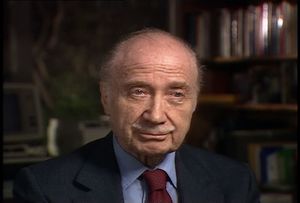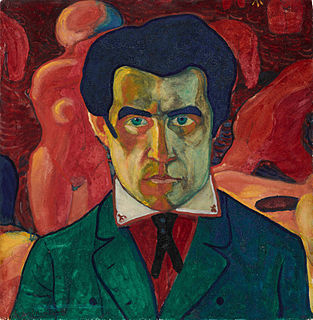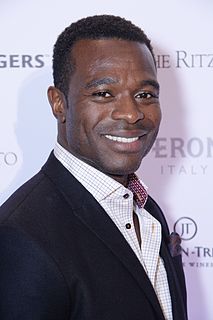A Quote by Lorrie Moore
Awkwardness is where tension is, and tension is where the story is. It's also where the comedy is, which I'm interested in; when it resolves it tends to resolve toward melancholy, a certain resignation, which I find interesting as well.
Related Quotes
I don't speak any languages well enough to make an expert assessment on writing in translation, but since I'm interested in awkwardness in prose, I find I like the way translated texts can sometimes acquire awkwardness in the process of translation. There's a discordance translation can create which I think is sometimes seen as a weakness but which I think can be a really interesting aspect of the text.
Almost everyone seems concerned with the need to relax tension. However, relaxation of tension, which everyone thinks is good, is not easily distinguished from relaxing ones guard, which almost everyone thinks is bad. Relaxation, like Miltown, is not an end in itself. Not all danger comes from tension. The reverse relation, to be tense where there is danger, is only rational.
Tension means hurry, fear, doubt. Tension means a constant effort to protect, to be secure, to be safe. Tension means preparing for the tomorrow now, or for the afterlife - afraid tomorrow you will not be able to face the reality, so be prepared. Tension means the past that you have not lived really but only somehow bypassed; it hangs, it is a hangover, it surrounds you.
Non-violent direct action seeks to create such a crisis and establish such creative tension that a community that has constantly refused to negotiate is forced to confront the issue. It seeks so to dramatize the issue that it can no longer be ignored... I am not afraid of the word tension. I have earnestly worked and preached against violent tension, and there is a type of constructive tension that is necessary for growth.
History is one long chain of reflections. Hegel also indicated certain rules that apply for this chain of reflections. Anyone studying history in depth will observe that a thought is usually proposed on the basis of other, previously proposed thoughts. But as soon as one thought is proposed, it will be contradicted by another. A tension arises between these two opposite ways of thinking. But the tension is resolved by the proposal of a third thought which accommodates the best of both points of view. Hegel calls this a dialectic process






































